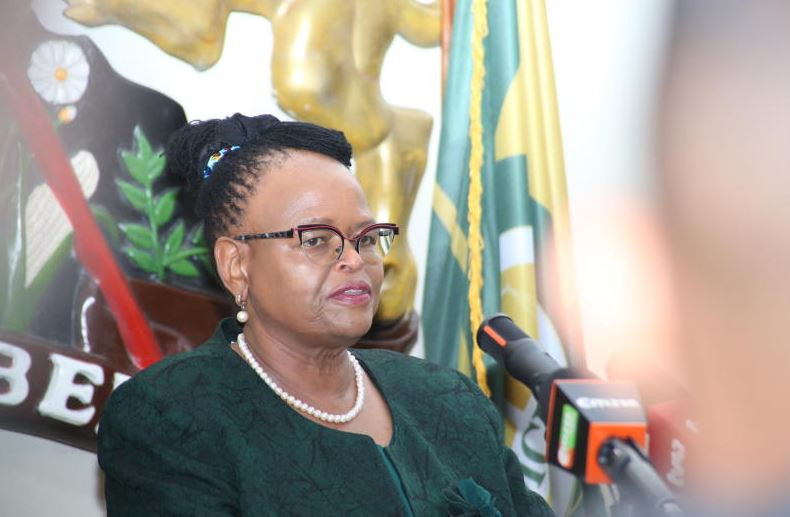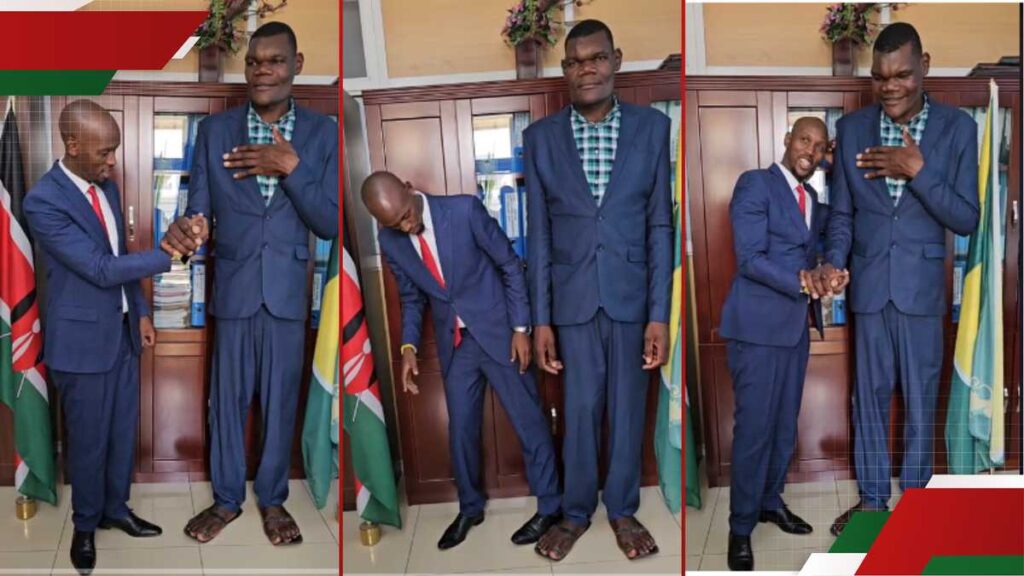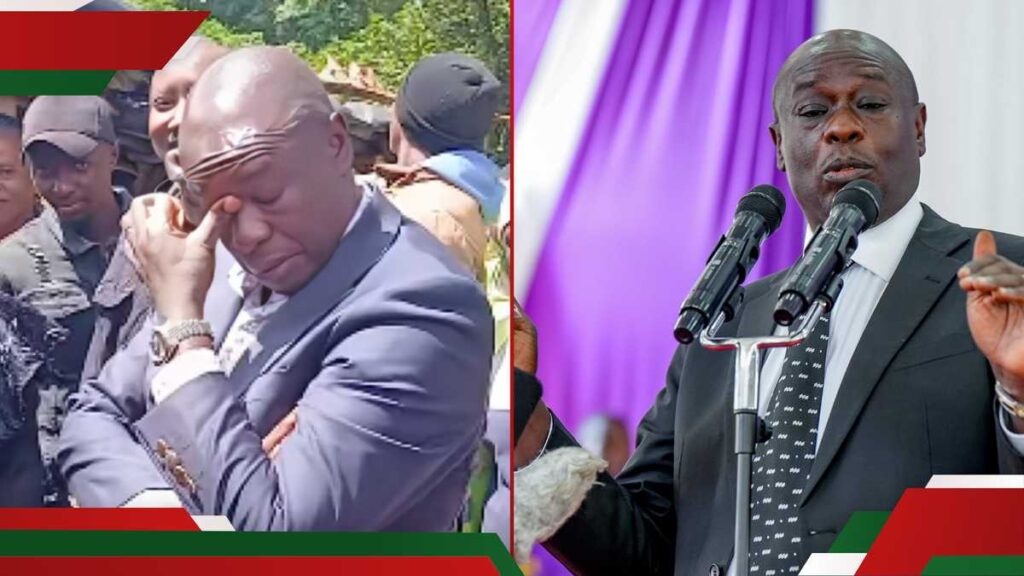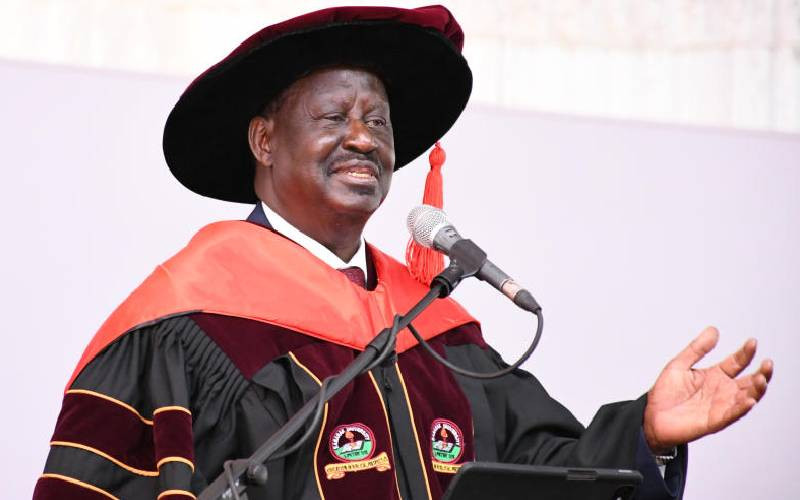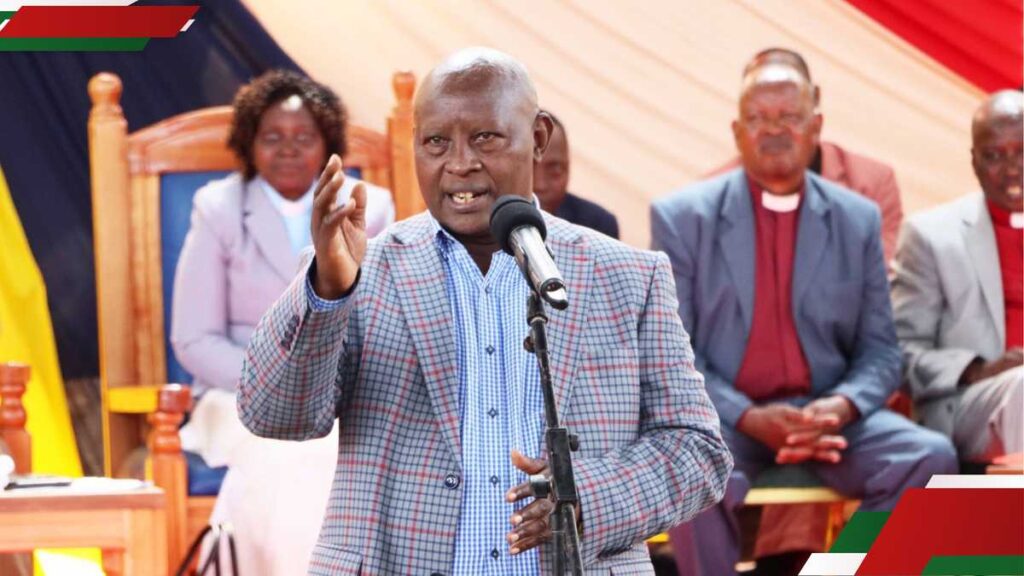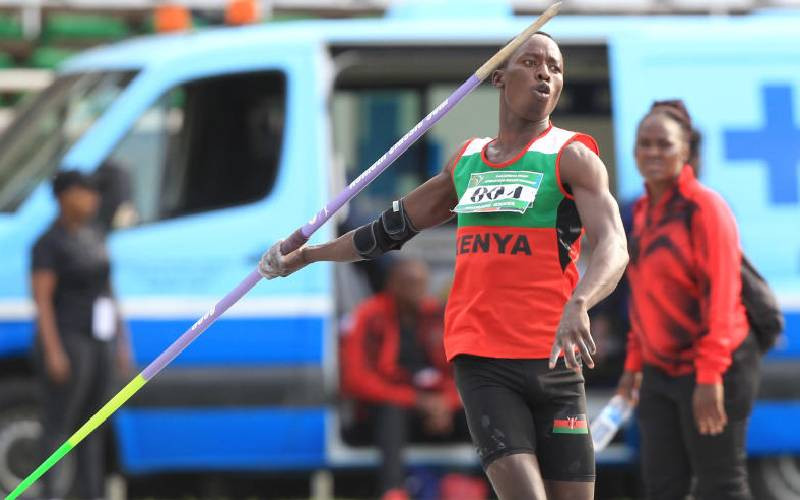The High Court has forwarded a case seeking to compel President William Ruto to dissolve Parliament over its failure to implement the two-thirds gender rule to Chief Justice Martha Koome for empanelment of a three-judge bench.
In a ruling delivered by Justice Lawrence Mugambi, the court directed that the petition, filed by three activists, be placed before CJ Koome to appoint an even-numbered bench to hear and determine the serious constitutional issues raised.
Justice Mugambi found that the constitutional issues in the case were similar to those raised in nine other petitions filed in 2020 by various individuals and organisations on the same subject.
“A perusal of the instant petition reveals that it is brought against the Speaker of the National Assembly, the Speaker of the Senate, and the Attorney General for the failure to implement the two-thirds gender rule given the results of the August 2022 General Election. A study of the other petitions referenced also reveals that the dominant issue in the said petitions is Parliament’s failure to implement the two-thirds gender rule despite the persistent call to do so in line with the Constitution,” said the judge.
The current petition seeks to push President Ruto to adopt the 2020 advisory issued by retired Chief Justice David Maraga to former President Uhuru Kenyatta, recommending the dissolution of Parliament.
Filed in 2022 by activists Margaret Toili, Eddah Marete, and Agnes Ndonji, the case targets the current 13th Parliament, arguing that Maraga’s advisory was not limited to the 12th Parliament.
Justice Mugambi referred the case to CJ Koome for assignment to the same bench handling the consolidated nine other petitions filed earlier on the same issue.
This decision followed an application by the Speakers of the National Assembly and the Senate, who requested the consolidation of the petitions, arguing they all stem from Maraga’s advisory dated September 21, 2020.
“In my view, there is an enduring legal question that characterises all these petitions, and this is the failure by Parliament to comply with the two-thirds gender rule. This question, unless resolved, will keep on recurring with every Parliament that comes up after every general election, hence it cannot plausibly be argued that it is a matter limited to the present Parliament,” said Justice Mugambi.
He noted that while the facts of the various petitions differ based on timing, the underlying legal questions are common.
The previous petitions targeted the now-defunct 12th Parliament, while the current petition focuses on the present 13th Parliament.
Justice Mugambi underscored the constitutional significance of the gender parity issue, stating that “There is need for an interpretive solution to be provided to guide the country, hence it cannot be argued that it lapsed when the last Parliament ended its term.”
“It is an undeniable constitutional issue that not only needs to be resolved in relation to the present Parliament but every other Parliament, to guide the nation and forestall repeated litigation on the same constitutional question. The previous petitions cannot therefore be said to be moot in relation to the present petition,” he added.
The petitioners want all current MPs and senators sent home for failing to adhere to the two-thirds gender rule.
Stay informed. Subscribe to our newsletter
Ms. Toili emphasised that their petition specifically challenges the constitutionality of the 13th Parliament for its non-compliance with the gender parity rule.
The petitioners opposed the consolidation of the case, arguing that it would delay its resolution and hinder the implementation of the rule.
“Dwelling on the past petitions is what has led to the dragging of the implementation of the two-thirds gender rule, and this must stop once this petition has been heard and determined, which will supersede all those petitions. Consolidation at this late stage would prejudice the petitioners by causing unjustified delay and confusion,” Ms. Toili argued
She further submitted that the application for consolidation was misguided and legally untenable.
However, the judge allowed the application, finding that the petitions raise common legal questions and arise from the same legal context.
Maraga’s advisory was based on Parliament’s failure to enact legislation on the two-thirds gender rule in compliance with Article 27(3), as read with Articles 81(b) and 100 of the Constitution.
This failure led to the issuance of four court orders on the matter.
In addition to seeking dissolution of Parliament, the petitioners want the Registrar of Political Parties to be compelled to ensure all political parties comply with the two-thirds gender rule when presenting nominees for elective and nominated positions.








